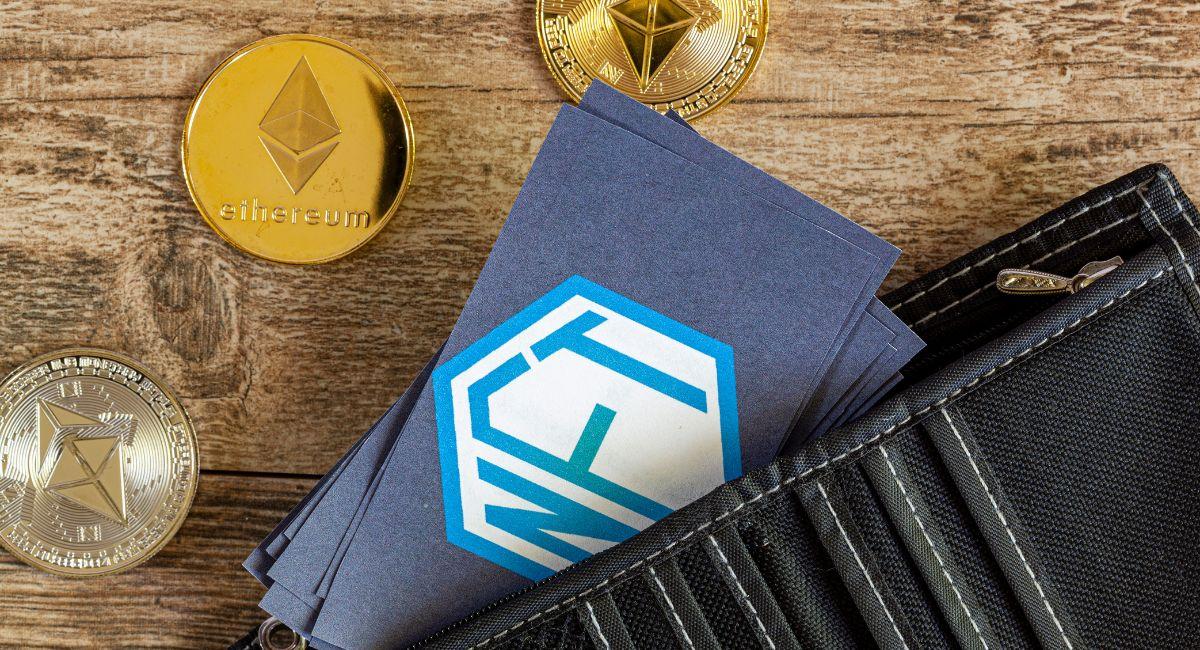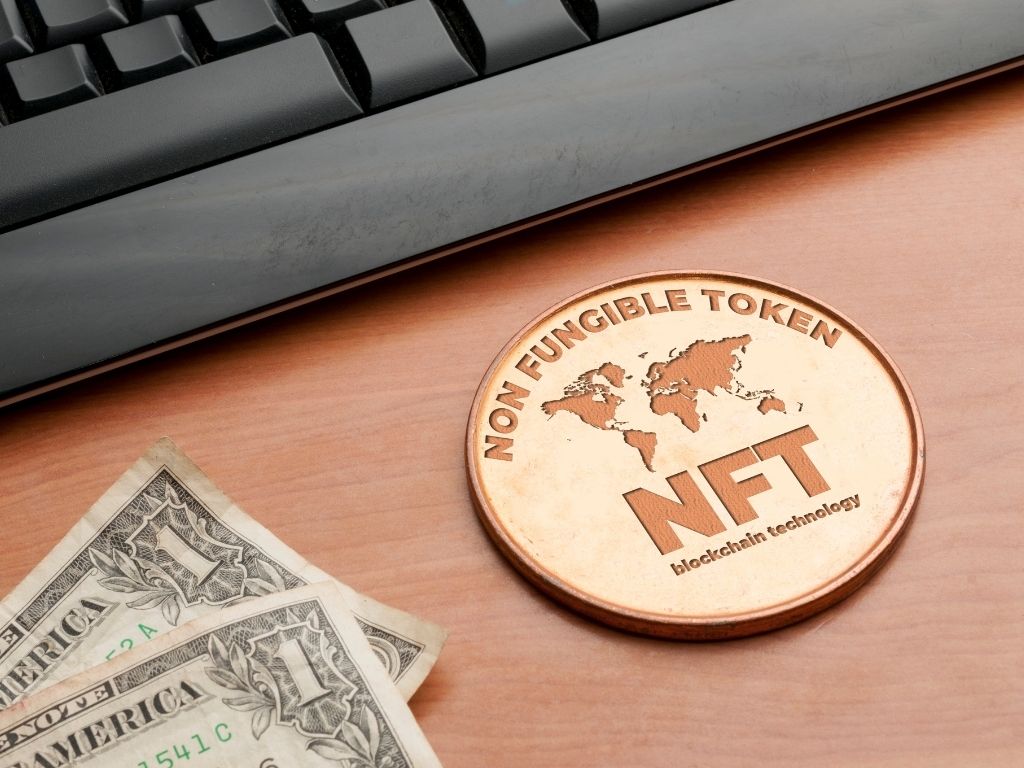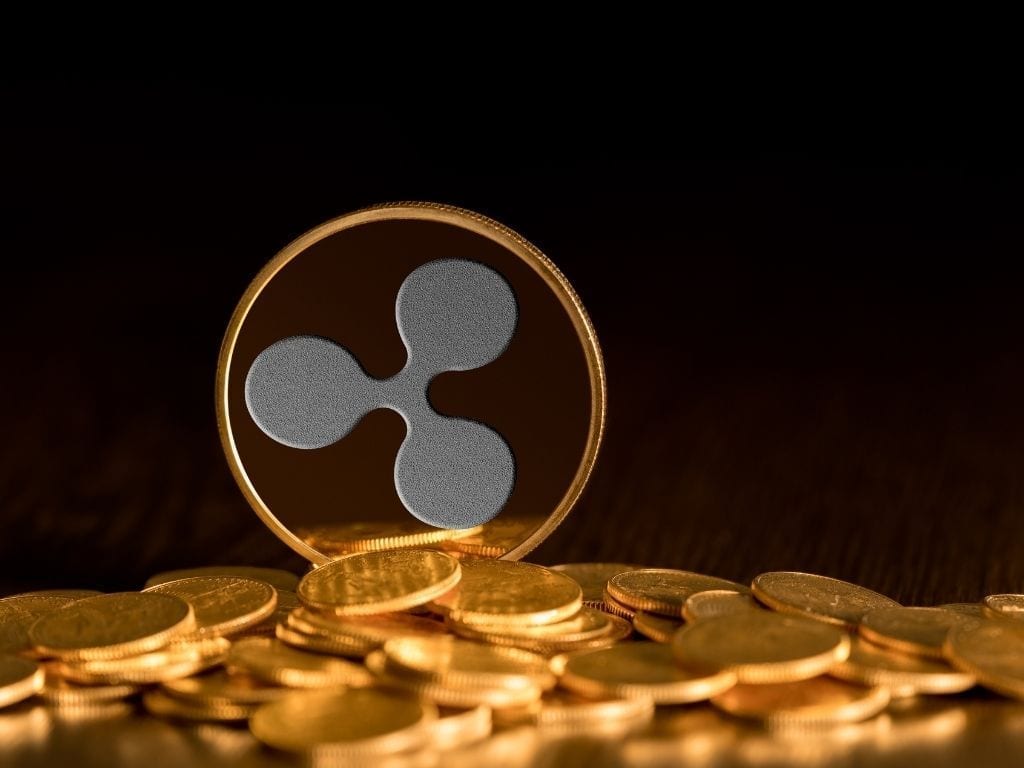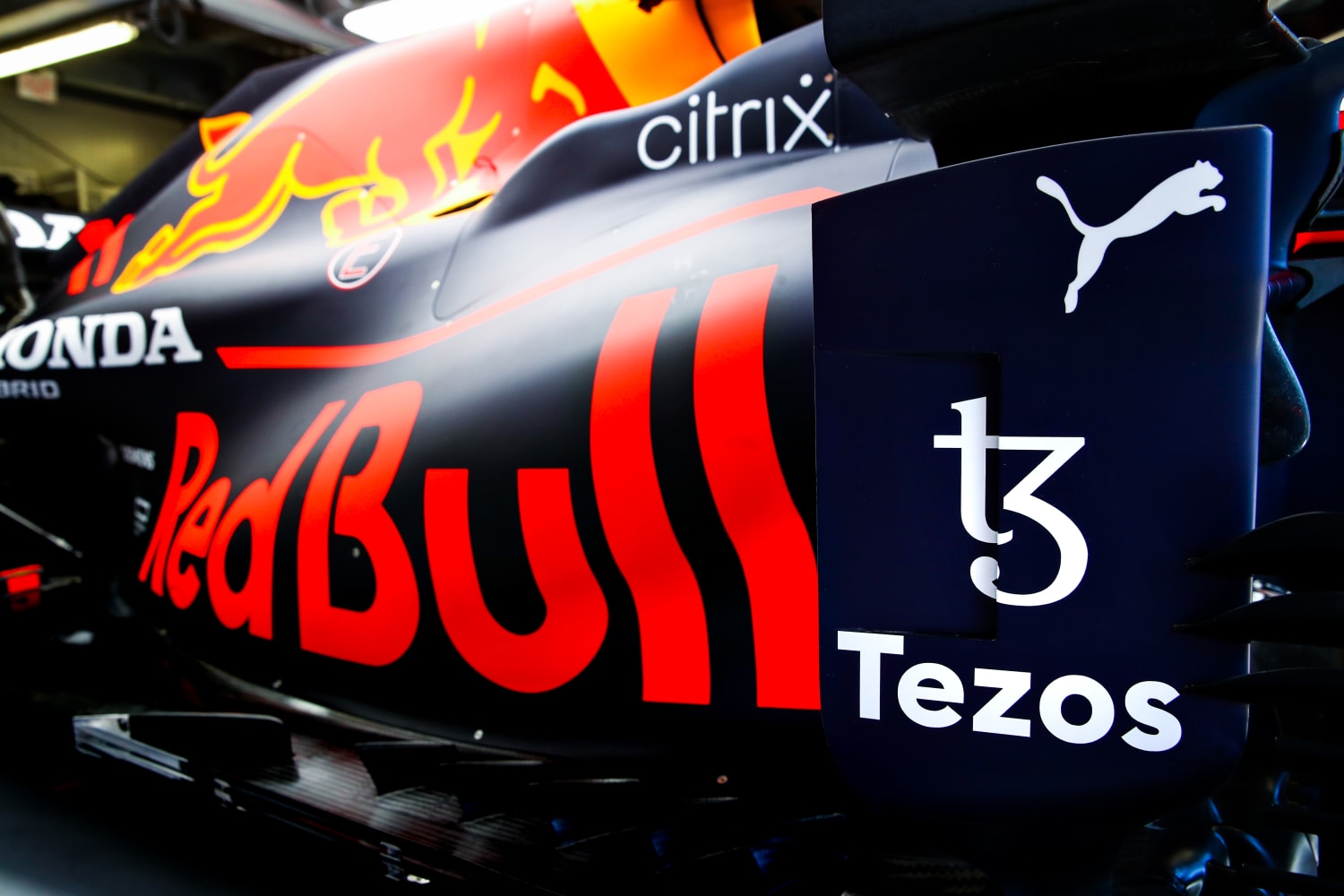NFT-based DAOs: Top 10 Amazing Ways NFTs Are Changing The Game In Web 3.0
In the ever-evolving landscape of Web 3.0, non-fungible tokens (NFTs) have emerged as groundbreaking technology that is transforming the way we perceive and interact with digital assets. Initially popularized as a means of owning and trading digital collectibles, NFTs have now paved the way for an even more revolutionary concept: the creation of decentralized autonomous organizations (DAOs). This article explores how NFTs are being used to establish DAOs in Web 3.0, delving into their potential benefits, challenges, and real-world examples of successful NFT-based DAOs.
Key Takeaways
- NFTs are not just digital collectibles; they are now integral to forming decentralized autonomous organizations (DAOs).
- NFT-based DAOs enable community-driven decision-making, ownership rights, and collective financing.
- Real-world examples of NFT-based DAOs include Friends With Benefits, PleasrDAO, and FlamingoDAO, among others.
- These DAOs are revolutionizing industries by fostering collaboration, funding, and fair compensation for creators.
- As technology matures, NFT-based DAOs have the potential to reshape industries and empower communities.
1. Friends With Benefits
Friends With Benefits (FWB) is an exclusive social club that you pay to enter. This DAO is a unique blend of social networking and decentralized governance, creating a community where members can connect, collaborate, and share resources.
Road to Fest: NYC
Road to Fest: NYC is a member-led initiative that will provide value to NYC-based members and friends and to reestablish FWB as the premiere social DAO in NYC. This initiative is a testament to the community-driven nature of FWB, where members actively contribute to the growth and success of the DAO.
Exclusive Membership
To become a member of FWB, individuals must hold a certain amount of the FWB token. This token acts as both a membership pass and a governance token, allowing members to vote on proposals and shape the future of the DAO.
Community Events
FWB regularly hosts events, both virtual and in-person, to foster connections among members. These events range from casual meetups to large-scale festivals, providing ample opportunities for members to engage and collaborate.
FWB exemplifies how DAOs can create vibrant, engaged communities through decentralized governance and shared interests.
2. PleasrDAO
PleasrDAO is a collective that has gained significant attention for its strategic investments in rare and valuable NFTs. One of its most notable acquisitions is the historic purchase of “CryptoPunk #7804.” The ownership of this NFT is shared among the DAO members, and decisions regarding its display, loaning, or selling are made collectively through voting. This highlights how NFT-based DAOs can address the need for interoperability and coordination in the decentralized ecosystem.
Collective Ownership
PleasrDAO demonstrates the power of NFT-based DAOs in enabling collective ownership, strategic investments, and the democratization of access to valuable digital assets. Instead of a select few having the majority of say, members of each DAO can vote on decisions together, typically on equal footing.
Strategic Investments
The DAO has also made headlines for its purchase of the Wu-Tang Clan album. After acquiring the album, they created an NFT to represent a deed of ownership. The members of PleasrDAO co-own the NFT deed, and in turn, share ownership of the album.
Democratization of Access
PleasrDAO showcases the potential of NFT-based DAOs to redefine traditional ownership models. By pooling funds and making collective decisions, they democratize access to high-value digital assets, making it possible for more people to participate in the ownership and decision-making processes.
3. FlamingoDAO
FlamingoDAO is a prominent player in the NFT space, known for its unique approach to collecting and investing in digital assets. FlamingoDAO collects NFTs and has a significant influence on the market, often setting trends and driving demand for specific types of digital art.
DAO Structure
Each DAO is structured differently, but usually, when joining a DAO, you agree to the code in place. It isn’t easy to change that code, and any changes typically require a vote between members. FlamingoDAO is no exception, operating under a transparent, community-driven decision-making process.
Participatory Nature
DAOs are “very participatory,” says Aaron Wright, co-founder and CEO of OpenLaw, a blockchain-based protocol for the creation and execution of legal agreements. Wright has helped launch several DAOs, including FlamingoDAO, which collects NFTs.
Influence on the Market
FlamingoDAO’s activities often set trends in the NFT market. By strategically acquiring and promoting certain NFTs, they can drive up the value and demand for these digital assets. This influence makes FlamingoDAO a key player in the evolving landscape of Web 3.0.
FlamingoDAO exemplifies how DAOs can leverage collective decision-making to impact the broader NFT market, showcasing the potential of decentralized governance in the digital age.
4. JennyDAO
Introduction
JennyDAO is a unique decentralized autonomous organization that focuses on fractional ownership of NFTs. This approach allows members to collectively own high-value digital assets, making it more accessible for a broader audience.
Fractional Ownership
One of the standout features of JennyDAO is its emphasis on fractional ownership. This means that the high cost of iconic artworks or rare NFTs is no longer a barrier, as members can own a fraction of these valuable assets. This model democratizes access to high-value NFTs, enabling more people to participate in the digital art market.
Community Governance
JennyDAO operates on a community-driven governance model. Members have a say in the decision-making process, ensuring that the DAO’s actions reflect the collective will. This participatory approach fosters a sense of ownership and responsibility among members.
Investment Strategy
The DAO’s investment strategy is another key aspect. JennyDAO carefully selects NFTs to invest in, aiming for a diversified portfolio that balances risk and reward. This strategic approach helps in maximizing returns for its members.
JennyDAO exemplifies how fractional ownership and community governance can revolutionize the way we interact with digital assets.
Conclusion
In summary, JennyDAO is a pioneering force in the world of NFT-based DAOs. Its focus on fractional ownership, community governance, and strategic investment makes it a standout example of how DAOs can democratize access to valuable digital assets.
5. WhaleDAO
WhaleDAO is a unique decentralized autonomous organization that focuses on the acquisition and management of high-value NFTs. WhaleDAO’s mission is to democratize access to rare and valuable digital assets by pooling resources from its members. This allows individuals to own a fraction of high-end NFTs that would otherwise be out of reach for most people.
Structure and Governance
WhaleDAO operates with a completely flat hierarchy, ensuring that all members have an equal say in decision-making processes. Each member’s voting power is proportional to their stake in the DAO, making it a truly participatory organization.
Key Achievements
- Successfully acquired several high-value NFTs, including rare CryptoPunks and Bored Ape Yacht Club pieces.
- Implemented a transparent and efficient governance model that allows for quick decision-making.
- Fostered a strong community of NFT enthusiasts and investors.
Future Plans
WhaleDAO aims to expand its portfolio by targeting emerging NFT projects and artists. The DAO is also exploring partnerships with other DAOs to enhance interoperability and coordination within the decentralized ecosystem.
6. FingerprintsDAO
FingerprintsDAO is a respected group of art collectors that focuses on acquiring and curating blockchain-based art. This DAO is unique in its approach, as it not only collects NFTs but also supports artists and projects that push the boundaries of digital art. FingerprintsDAO has become a significant player in the NFT art world, known for its discerning taste and commitment to innovation.
Mission and Vision
FingerprintsDAO aims to create a decentralized art collection that is both diverse and cutting-edge. The DAO’s mission is to support artists who are exploring new mediums and techniques, particularly those that leverage blockchain technology.
Key Projects
- Maschine: An exploration of the intersection between art and technology.
- Art Grants: Providing funding to artists who are pushing the boundaries of digital art.
- Collaborations: Partnering with other DAOs and art institutions to promote blockchain-based art.
Community and Governance
FingerprintsDAO operates on a community-driven governance model. Members who own NFTs from the DAO have voting rights, allowing them to participate in decision-making processes. This ensures that the DAO remains transparent and that its actions reflect the community’s interests.
FingerprintsDAO exemplifies how DAOs can revolutionize the art world by leveraging blockchain technology to create a transparent, community-driven platform for art collection and curation.
7. Yield Guild Games
Yield Guild Games (YGG) is a decentralized autonomous organization (DAO) that invests in virtual world and blockchain-based game assets. YGG aims to create the largest virtual world economy by optimizing its community-owned assets for maximum utility and sharing profits with its token holders.
8. MetaCartel
MetaCartel is a pioneering investment DAO that has made significant strides in the Web 3.0 ecosystem. MetaCartel Ventures has invested in multiple blockchain startups, showcasing the potential of collective decision-making in venture capital. This DAO serves as a framework for coordinating decision-making across multiple other DAOs, addressing the challenge of fragmentation and coordination by creating a higher-level governance structure. Metagovernance token holders can participate in meta-decision-making processes, enabling collaboration and alignment among various DAOs.
9. ConstitutionDAO
ConstitutionDAO was a unique and ambitious project that aimed to purchase one of the original copies of the U.S. Constitution from Sotheby’s. Despite the group’s best efforts, they ultimately found out they were not the highest bidder and lost the auction. However, members were able to receive a refund of their initial investment, showcasing the transparent and community-driven nature of DAOs.
DAO Structure
Each DAO is structured differently, but usually, when joining a DAO, you agree to the code in place. It isn’t easy to change that code, and any changes typically require a vote between members. DAOs are very participatory, and every decision within the DAO is pitched, discussed, voted on, and documented publicly.
Decentralized Governance
A decentralized autonomous organization is exactly what the name says; a group of people who come together without a central leader or company dictating any of the decisions. They are built on a blockchain using smart contracts. Members of DAOs often buy their way in, most of the time purchasing a governance token specifically for the DAO that gives them the ability to vote on decisions.
Community and Participation
Sometimes, in larger DAOs, teams may form to tackle different aspects of the organization with leaders that have been voted in. This ensures that not every single member is needed to vote on every nuance, making the process more efficient. The most important aspect of DAOs is transparency. Every decision within the DAO is pitched, discussed, voted on, and documented publicly.
10. Krause House
Introduction
Krause House is a unique NFT-based DAO with a mission to purchase and operate an NBA team. This ambitious goal has captured the imagination of many in the Web 3.0 community.
Community and Governance
The DAO is governed by its members, who hold Krause House NFTs. These NFTs grant voting rights and a say in the decision-making process, ensuring a decentralized and democratic approach.
Funding and Strategy
Krause House has implemented innovative strategies to raise funds, including NFT sales and partnerships. The community’s collective effort is directed towards achieving their ultimate goal of owning an NBA team.
Challenges and Future Prospects
While the goal is ambitious, the journey is fraught with challenges, including regulatory hurdles and the sheer scale of the financial requirements. However, the community remains optimistic and persistent in their pursuit.
The blockchain magazine explores challenges and promises of on-chain reputation systems. Top 10 intriguing aspects highlighted.
Conclusion
Krause House exemplifies the potential of NFT-based DAOs to bring together a community with a shared vision and transform ambitious dreams into reality.
Krause House is revolutionizing the way we think about decentralized organizations. Dive deeper into the world of blockchain and discover how Krause House is making waves in the industry. For more insights and the latest updates, visit our website.
Conclusion
In conclusion, NFTs have transcended their initial role as digital collectibles and are now at the forefront of a paradigm shift in Web 3.0, enabling the creation of decentralized autonomous organizations. NFT-based DAOs offer opportunities for community-driven decision-making, ownership rights, collective financing, and fair compensation for creators. As the technology matures and more real-world examples emerge, NFT-based DAOs have the potential to reshape industries, empower communities, and redefine collaboration and ownership in the digital realm. It is an exciting time as we witness the transformative power of NFTs and DAOs converging to shape the future of Web 3.0.
Frequently Asked Questions
What is an NFT-based DAO?
An NFT-based DAO (Decentralized Autonomous Organization) leverages non-fungible tokens (NFTs) to enable decentralized decision-making, ownership, and governance within a community. Members use NFTs to represent their voting power or stake in the organization.
How do NFTs enable decentralized decision-making in DAOs?
NFTs provide a secure and transparent way to represent ownership and voting rights within a DAO. Members can use their NFTs to vote on proposals, participate in governance, and make collective decisions without relying on a central authority.
What are some benefits of NFT-based DAOs?
NFT-based DAOs offer several benefits, including community-driven decision-making, ownership rights, collective financing, and fair compensation for creators. They empower communities and enable more democratic and transparent governance models.
What challenges do NFT-based DAOs face?
Challenges include scalability and efficiency of blockchain networks, legal and regulatory uncertainties, and the need for user-friendly interfaces. Overcoming these challenges is crucial for the widespread adoption of NFT-based DAOs.
Can NFT-based DAOs be used in industries other than art and collectibles?
Yes, NFT-based DAOs have the potential to revolutionize various industries beyond art and collectibles. They can be used in finance, gaming, real estate, intellectual property, and more, enabling decentralized collaboration and ownership.
What is the future outlook for NFT-based DAOs?
As the technology matures and more real-world examples emerge, NFT-based DAOs have the potential to reshape industries, empower communities, and redefine collaboration and ownership in the digital realm. The future looks promising for this innovative approach.
Stay informed with daily updates from Blockchain Magazine on Google News. Click here to follow us and mark as favorite: [Blockchain Magazine on Google News].
Get Blockchain Insights In Inbox
Stay ahead of the curve with expert analysis and market updates.
latest from tech
Disclaimer: Any post shared by a third-party agency are sponsored and Blockchain Magazine has no views on any such posts. The views and opinions expressed in this post are those of the clients and do not necessarily reflect the official policy or position of Blockchain Magazine. The information provided in this post is for informational purposes only and should not be considered as financial, investment, or professional advice. Blockchain Magazine does not endorse or promote any specific products, services, or companies mentioned in this posts. Readers are encouraged to conduct their own research and consult with a qualified professional before making any financial decisions.

 Bitcoin
Bitcoin  Ethereum
Ethereum  Tether
Tether  XRP
XRP  Solana
Solana  Dogecoin
Dogecoin  USDC
USDC  Lido Staked Ether
Lido Staked Ether  Cardano
Cardano  TRON
TRON  Avalanche
Avalanche  Chainlink
Chainlink  Toncoin
Toncoin  Wrapped stETH
Wrapped stETH  Shiba Inu
Shiba Inu  Sui
Sui  Wrapped Bitcoin
Wrapped Bitcoin  Hedera
Hedera  Stellar
Stellar  Polkadot
Polkadot  WETH
WETH  Hyperliquid
Hyperliquid  Bitcoin Cash
Bitcoin Cash  LEO Token
LEO Token  Uniswap
Uniswap  Litecoin
Litecoin  Pepe
Pepe  Wrapped eETH
Wrapped eETH  NEAR Protocol
NEAR Protocol  Ethena USDe
Ethena USDe  Aave
Aave  USDS
USDS  Internet Computer
Internet Computer  Aptos
Aptos  POL (ex-MATIC)
POL (ex-MATIC)  Cronos
Cronos  Mantle
Mantle  Ethereum Classic
Ethereum Classic  Render
Render  Bittensor
Bittensor  WhiteBIT Coin
WhiteBIT Coin  Monero
Monero  MANTRA
MANTRA  Artificial Superintelligence Alliance
Artificial Superintelligence Alliance  Dai
Dai  Arbitrum
Arbitrum  Filecoin
Filecoin 



